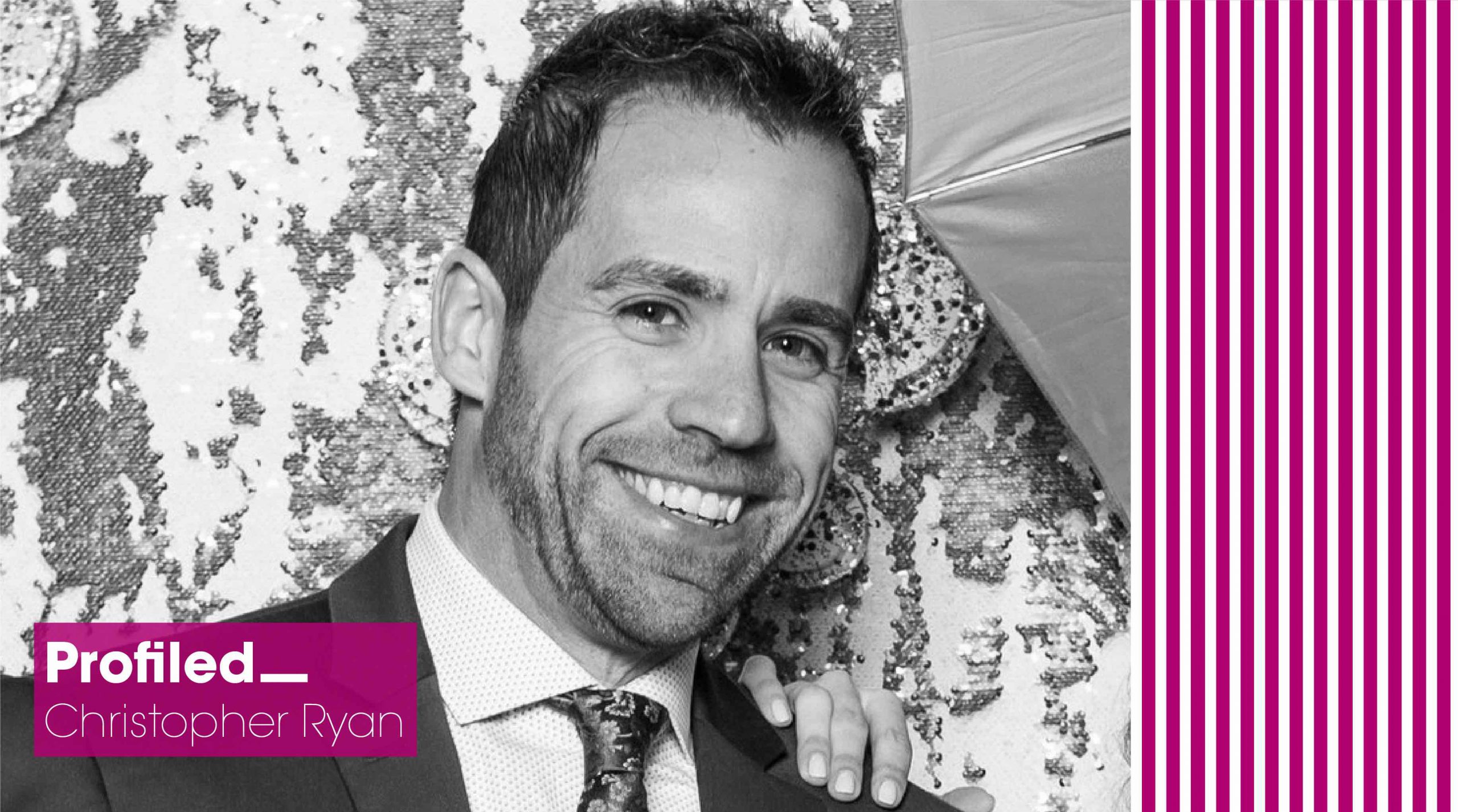Marketer keeps team connected with modern tools.

A glimpse into the lives and spaces of real remote workers at the forefront of a changing work landscape.
Christopher Ryan launched SIX Marketing while living in Rutland Vermont. When he wanted to move to a more active area, he decided to expand near his new home in Saratoga Springs, NY rather than shutdown the agency and start over. He later opened a third location in Knoxville, TN. Now, most of the team works remotely for clients all over the country.
What do you value about remote work?
It’s the future of business. I think the traditional office building structure is going to go away. We don’t have to be in the same room as our clients to provide great service. As long as someone is near a computer, they can operate as efficiently as if they were here – and sometimes more so.
It cuts down on the overhead because we are able to have a smaller office. We have a conference room and people can come together, but they have the option of working where it makes the most sense. The lion’s share of our work can be done with video.
In my industry, we are often out with the clients anyway. When we’re prospecting, we want to go to them because we want to get a feel for their business. Of course, many of our clients are too far away and we never in meet in person anyway.
Another advantage of this way of working is that it’s easier when people are in different time zones. They don’t have to stay in the office late or come in early, they can make the connection wherever they are at a time that makes sense.
How do you build a working relationship with people from such a distance?
It’s about maintaining good lines of communication. We do a lot of video conferencing. We’ve made it a part of our daily routine.
We also rely on cloud services. This way, people can easily share documents and work on projects at the same time. We can communicate in real-time and are able to be much more efficient.
How much time do you spend in the office and how do you structure your days your team so dispersed?
My day is structured around what is needed most for SIX; that can range from client delivery to business development to working with different team members.
60% of the time I’m in the office. The rest of my time is spent with clients, business acquisition teams, or working on the business. 110% of the time; I’m near a computer/device. As long as I’m connected, then I can help propel the business forward.
How do you make hiring decisions for a virtual team?
The advantage is that we can look for candidates anywhere. We once hired someone from New York who did the interview from Central Park. I don’t care where the person is from or where they work if they’re the best person for the job.
Something we do differently is that we have a business coach and a sales coach on staff. They will do personality assessments on candidates to see how well they’ll mesh with everyone in the office. It’s important to think about that even if people won’t be working in the same location. They still must work together effectively and efficiently. And maybe it’s more important because you have to be able to get along over distances.
How do you keep your team motivated?
We have found that you need to be completely transparent so everyone knows what is going on and can be sailing the ship in the same direction so to speak. We have conversations about how healthy the company is, how each member is doing and we talk about how we can better serve our clients.
We want to make sure that everyone knows where we’re headed and what their role is in getting us there. This serves to continually enhance our culture; which is what makes us SIX. It’s paramount that we discuss and live our core values in everything we do.
How do you keep everyone on track?
If you hire the right people, you don’t need to worry about what they’re doing. We (digitally) document everything so the entire firm (and clients) know what’s going on at any given time, plus we have “live” five-minute daily meetings to check in. This is a time to see what people are working on and whether they need any help. This meeting helps prevent bottlenecks because people can get the project status and make better decisions about what they may need to do to keep things moving.
What advice do you have for someone who is thinking about going remote?
Start immediately. Figure out the tech and set it up. Think about the convenience for you and your employees. You will find the best people, produce more, and serve your clients better. It really gives endless options.
A glimpse into the lives and spaces of real remote workers at the forefront of a changing work landscape.


